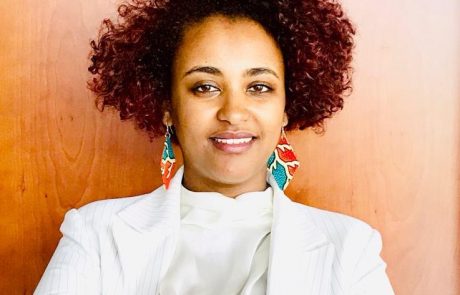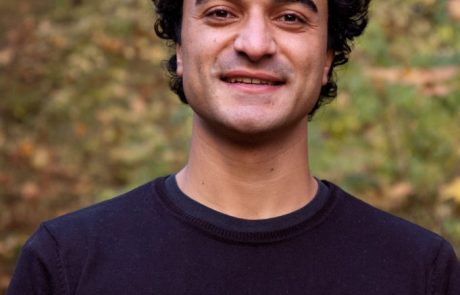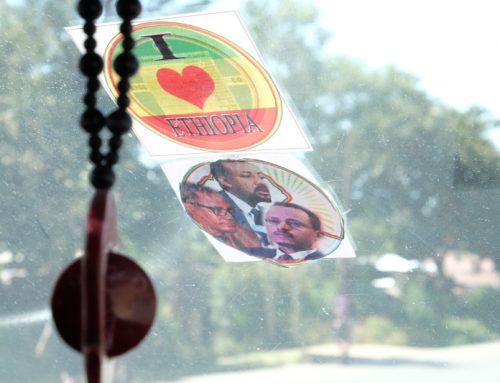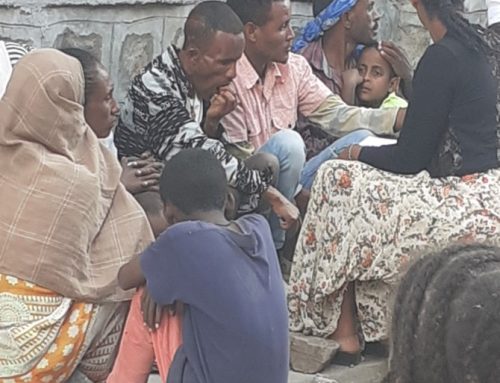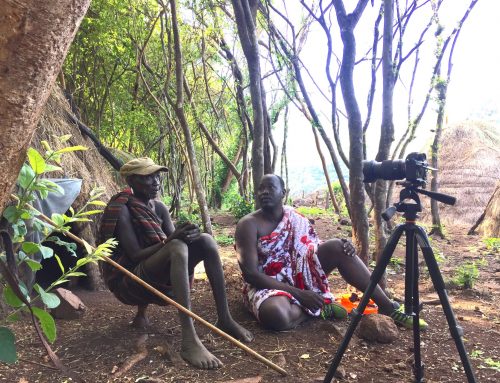Sewit Haileselassie Tadesse, Ali Altiok
The positive role that young people play in preventing violence and building peace is gaining recognition. In the Ethiopian context, youth movements ushered in political reform processes, creating a new and dynamic political landscape. While the role of youth in these movements and protests is widely contested, their agency and demand for change is undeniable. The participation and inclusion of young people is a central component of the reform processes in Ethiopia. This project explored potential ways to enhance the inclusion and participation of young people who are on the margins and peripheries of formal political processes. It approached youth agency as a source of innovation and resilience that can help strengthen the culture of democracy and demonstrate civic practices from the perspective of young people; and so sought to document and visualise the political force of young women and men to foster democratic cultures and build peace. The project highlighted how their efforts impact local, societal, and political resilience for peace and democracy.
This approached youth agency as a source of innovation that can help strengthen the culture of democracy and demonstrate civic practices from the perspective of young people; and so, documented and visualised the political force of young women and men to foster democratic cultures and build peace. The audio-visual data/material has been presented through innovative and interactive online reports with short explanatory texts accompanying these videos to bring further analysis to demonstrate how their views, opinions, and actions contribute to peace and democracy, and what further action they think is needed for a sustainable peaceful transition. Face-to-face video interviews were also conducted with participants, where they shared expert knowledge about what peace means to them and how their daily actions and interactions aim to build peace.
There is past precedent in Ethiopia for depicting young people’s roles in political protest as a source of violence and political instability. This has led to the stereotyping of all forms of youth dissent as a source of panic and fear. In this short video, we challenge this (mis) perception by amplifying the voices of young people expressing their dissenting views in nonviolent ways, and peacefully engaging in civic spaces. In doing so, we aim to debunk stereotypes associating youth dissent with violence, and ask what would happen if young people’s views were embraced en route to cultivating a new democratic culture in Ethiopia?
For more about their research, see their fabulous website Peace is Precious.
About the research team
Sewit Haileselassie Tadesse (@sewithst) has a background in economic development focusing on issues of gender. She is President of AWiB Ethiopia, a women’s association dedicated to developing and promoting women’s leadership in Ethiopia. She is also co-founder of Changing Images, a social impact start-up working on transformational change. As lead investigator on this project, Sewit’s experience in dialogue and research helps bring into focus a new perspective on youth political participation. She identifies, connects with, and articulates the many ways young people express dissent.
Ali Altiok (@atomicsentences) is a trained film-maker as well as having a background in peace and security studies, with special reference to youth-based activities and engagement across conflict states globally. On this project, Ali manages the collection and collation of stories, songs, drama pieces, dances, and daily life interactions of young people through videography and photography, and relates these to the youth, peace and security agenda in Ethiopia. Ali also explores how the Ethiopian context aligns with, or departs from, global discourses of youth involvement in peace-building processes.

